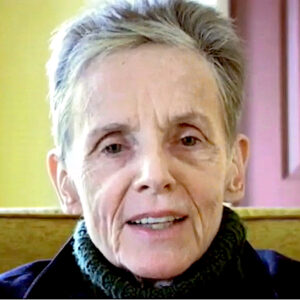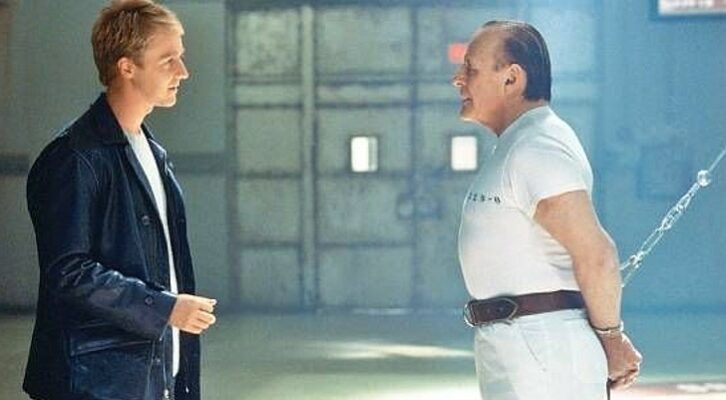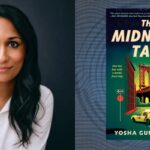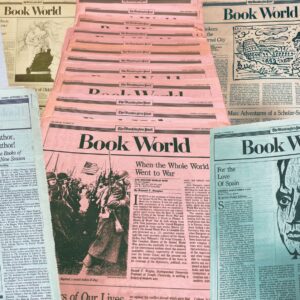
The Pieces I Am: An intimate retrospective of Toni Morrison's trailblazing career
There is something about Toni Morrison, beyond the force of her wit and prose, that keeps me in check and straightens my back when I’m inclined to slump in my seat. I don’t doubt that it’s because she and my paternal grandmother have always looked like they could be sisters. The Morrison that we see in the new documentary by photographer-filmmaker Timothy Greenfield-Sanders, The Pieces I Am, is somehow always young. My grandmother’s eyes are like Morrison’s, especially when they squint to keep the laughter bottled up: mortal flesh that knows something eternal.
I saw the film at an early screening in New York, where Greenfield-Sanders stuck around to answer questions afterwards. He told the audience that the idea for the film grew organically, as a spiritual offshoot of a documentary trilogy he’d done for HBO from 2008-10, The Black List. That project presented Greenfield-Sanders’ actual portraits of prominent African Americans, and it let the subjects speak directly into the camera about the joys and difficulties of their lives—black life in the U.S. writ large.
If I were Greenfield-Sanders, I’d have run back to Morrison, too. It was only a matter of time before her life got its treatment. What better way to do that than to invite the author herself (and a handful of the people she loves) to the party?
With the exception of the first quarter or so of the film, in which Morrison discusses her family’s arrival in Lorraine, Ohio, and her frolicking years at Howard University (“I was loose!” she quips), there wasn’t much new information about her life that I took from the film, and that’s okay. For the viewers who know Morrison exclusively through her fiction, the movie is a tender-hearted primer on the life of a woman who contributed much to literary history before she’d published a single book.
Morrison was the first black woman to be a senior fiction editor at Random House, and the documentary gives due attention to the years she spent shepherding literature by black authors into the mainstream: Gayl Jones, Toni Cade Bambara and Angela Davis among them. Davis is one of the luminaries interviewed in the film, along with others like the poet Sonia Sanchez (the vigorous heartbeat of this paean), New Yorker theater critic Hilton Als, Walter Mosley, former Knopf editor Robert Gottlieb, and an ever-enthused Oprah.
The Pieces I Am is a patient film that doesn’t rush to make the case for its subject’s greatness. Greenfield-Sanders reviews the reception and legacy of The Bluest Eye, Sula, and Song of Solomon. Beloved isn’t mentioned until the last portion of the film, in a quiet sequence that begins at Morrison’s waterfront cottage in New York, where she is said to have witnessed a fully clothed woman emerge from the Hudson River onto the shore, as Beloved herself does. It is a tale not to be taken literally, and yet, even having read about that story before, it is in hearing the conviction in Morrison’s voice that one starts to believe her fictions.
The film intersperses straight-to-camera conversations with footage of some of Morrison’s past interviews, including with Dick Cavett and Charlie Rose, clips of her reading from her novels, fetching groceries, working in Random House’s offices, walking on a busy street in New York or strolling through the campus at Princeton where she once taught, even staring out of windows and sitting at her writing desk. It is all welcomed because we so rarely get such privileged, unfiltered glimpses into the mundanity of a life that has been anything but. (The fierceness with which Morrison guards her privacy is evident in two of the film’s intentional absences: her relationship with her ex-husband, Harold, and the death of her son Slade in 2010 are not discussed).
Greenfield-Sanders devotes a good amount of time to the lead-up to Morrison’s Nobel Prize win. Viewers of a certain age may remember that African American writers spearheaded a publicity campaign to rangle the recognition they believed Morrison deserved. Affirmation mattered, if not to Morrison then at the very least to her friends and peers, and the sense is that the movie was made for them as much as for the writer.
When she does eventually get the call from Stockholm, Morrison’s elation is that of someone who has been invited to a grand party—she could’ve done without it, but hell, why not? Have I got something better to do today?
Of course she does, but that’s beside the point. Aren’t we so glad that she went?
*
The Pieces I Am opens in theaters on June 21st.
Aaron Robertson
Aaron Robertson has written for The New York Times, The Nation, Foreign Policy, and elsewhere. His translation of Igiaba Scego's novel Beyond Babylon (Two Lines Press, 2019) was shortlisted for the PEN Translation Prize and Best Translated Book Award.



















